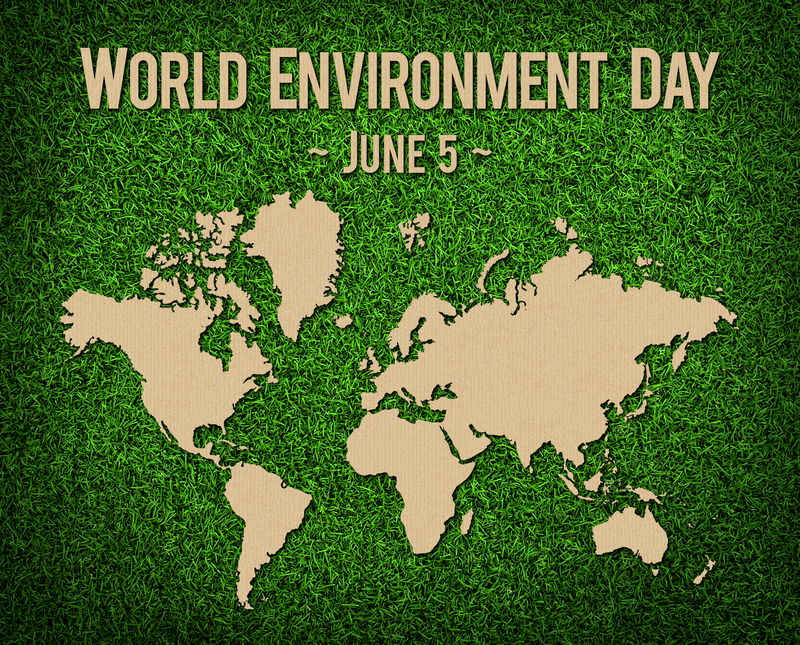Restaurants are at the heart of our communities, providing delicious meals and a unique dining experience. However, with great food comes great responsibility, especially when it relates to waste management. Recycling restaurant waste effectively is not only an environmental imperative but also a smart business practice. Here are some of the top solutions for recycling restaurant waste that can help the food service industry become more sustainable.
Understanding the Challenges of Restaurant Waste
Before diving into specific solutions, it's important to understand the unique challenges that restaurants face when it comes to waste. The main types of waste generated by restaurants include:
- Food waste: This comprises kitchen trimmings, spoiled inventory, and plate waste.
- Packaging waste: Often includes plastics, glass, metals, and cardboard.
- Hazardous waste: Such as cooking oil and certain cleaning chemicals.
Each category of waste requires different recycling strategies to handle properly.


Top Solutions for Recycling Restaurant Waste
1. Implementing a Comprehensive Waste Audit
Understanding what types and how much waste your restaurant generates is the first step toward effective recycling. Conducting a waste audit allows you to categorize waste and identify opportunities for reduction and recycling.
- Track and record: Keep a detailed log of waste types and quantities for a given period.
- Identify problem areas: Determine if there are certain items contributing disproportionately to waste.
- Set new priorities: Develop an action plan targeting key areas for improvement.
2. Partnering with Local Recycling Companies
Many communities have companies that specialize in recycling commercial waste, including what's found in restaurants. Partnering with these companies can relieve the burden of sorting and disposing of waste.
- Food waste recycling: Companies that offer anaerobic digestion or composting services can turn organic waste into fertilizer or energy.
- Recyclable materials: Many firms can manage large-scale cardboard, metal, and glass recycling for businesses.
3. Introducing On-site Composting
For restaurants with sufficient space, installing a composting system can be a sustainable way to recycle food waste on-site. This process transforms organic material into nutrient-rich compost that can be used for landscaping or donated to local gardens.
- Types of composting: Consider vermicomposting or aerobic systems for varying scales and needs.
- Train staff: Educate your team on what materials can be composted and how to maintain the system effectively.
4. Reducing Food Waste through Menu Optimization
Reducing the amount of waste generated is itself a form of recycling. By analyzing the menu for efficiency and popularity, restaurants can make informed decisions about what dishes to scale back or remove.
- Portion control: Use data to adjust portion sizes, reducing both plate waste and food costs.
- Inventory management: Adopt a 'first in, first out' system to minimize spoilage and waste.
5. Investing in Reusable Packaging Solutions
Single-use packaging is a significant waste contributor in the food service industry. Investing in reusable or recyclable alternatives can drastically cut down on waste.
- Biodegradable packaging: Where reusables are not feasible, choose materials that decompose more quickly.
- Encourage customers: Offer incentives for bringing reusable containers for take-out orders.
6. Educating Staff and Customers
Education is a powerful tool. By informing both staff and customers about sustainable practices, restaurants can cultivate a culture of recycling and waste reduction.
- Staff training: Regular workshops on waste sorting, reduction practices, and sustainability.
- Customer engagement: Share your restaurant's recycling mission openly, invite feedback, and encourage customer participation.
7. Using Technology for Waste Tracking
Embracing technology can simplify the process of managing waste. Modern technology offers several tools that help track, analyze, and optimize waste management processes efficiently.
- Waste tracking apps: These applications can help monitor waste volumes and identify reduction opportunities.
- Smart bins: Use sensor-based bins that alert staff when they're full or contain non-recyclable waste.
Conclusion: The Path Forward
Recycling restaurant waste effectively requires both innovative solutions and committed engagement. By implementing these top solutions for recycling, restaurants can not only decrease their environmental impact but also enhance their operational efficiency and brand reputation. Adopting these practices is a win-win scenario that supports a healthier planet and a robust business model.
With these strategies, your restaurant can lead the way in sustainable dining and inspire others in the industry to follow suit. The impact is profound, both locally and globally, making our world a cleaner, greener place--one meal at a time.